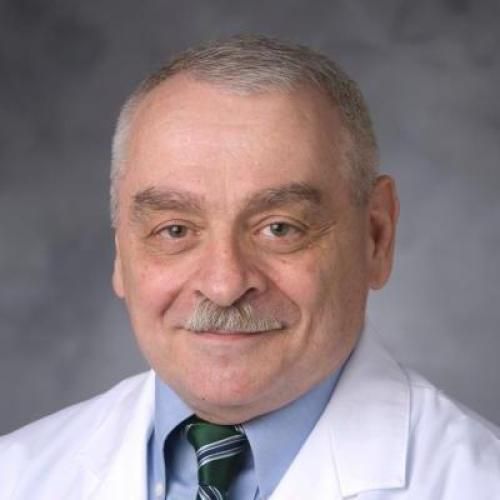
Prolonged production of hydroxyl radical in rat hippocampus after brain ischemia-reperfusion is decreased by 21-aminosteroids.
Transient global ischemia may lead to persistent production of reactive oxygen species in selected brain regions thereby contributing to selective vulnerability to ischemia. Using cerebral microdialysis, we assessed the production of the highly reactive hydroxyl radical (OH.) in rat hippocampus during global ischemia and reperfusion (IR). During IR, perfusate containing salicylic acid was collected and analyzed for non-enzymatic hydroxylation of salicylate to 2,3-DHBA. Since 21-aminosteroids can attenuate excitatory amino acid-mediated OH. production in the brain, we repeated the experiments after administration of the 21-aminosteroid, U-74389G. The data indicate that 2,3-DHBA level increased progressively between 15 and 60 min after reperfusion, reaching values nearly three times the baseline value at 60 min. U-74389G, given 30 min before ischemia, greatly attenuated the increase in 2,3-DHBA during reperfusion. This is the first evidence for prolonged OH. production in the hippocampus after reperfusion in vivo which can be prevented by 21-aminosteroids.
Duke Scholars
Published In
DOI
ISSN
Publication Date
Volume
Issue
Start / End Page
Location
Related Subject Headings
- Salicylic Acid
- Salicylates
- Reactive Oxygen Species
- Rats, Sprague-Dawley
- Rats
- Pregnatrienes
- Male
- Ischemic Attack, Transient
- Hydroxylation
- Hydroxyl Radical
Citation

Published In
DOI
ISSN
Publication Date
Volume
Issue
Start / End Page
Location
Related Subject Headings
- Salicylic Acid
- Salicylates
- Reactive Oxygen Species
- Rats, Sprague-Dawley
- Rats
- Pregnatrienes
- Male
- Ischemic Attack, Transient
- Hydroxylation
- Hydroxyl Radical

